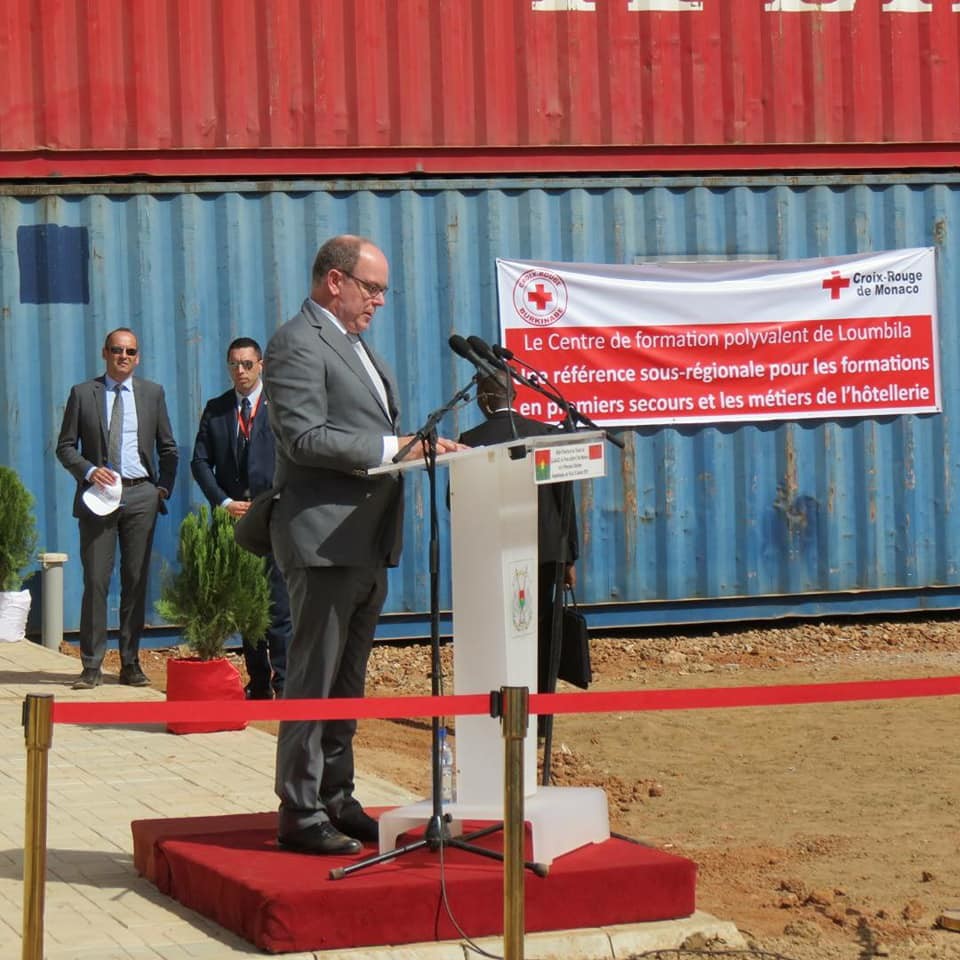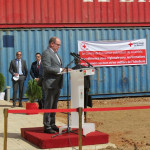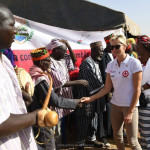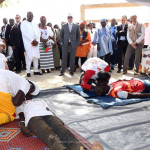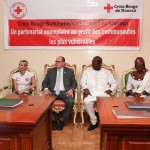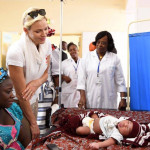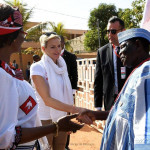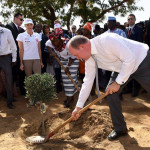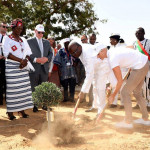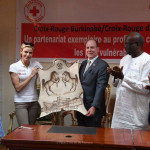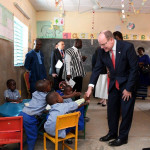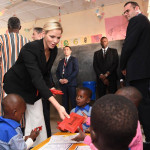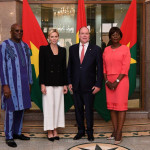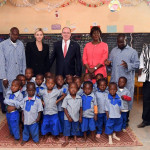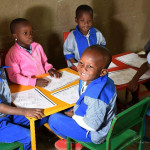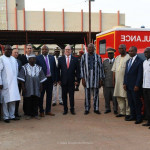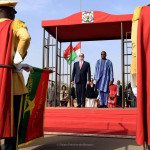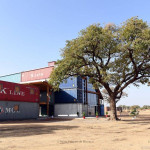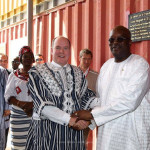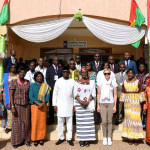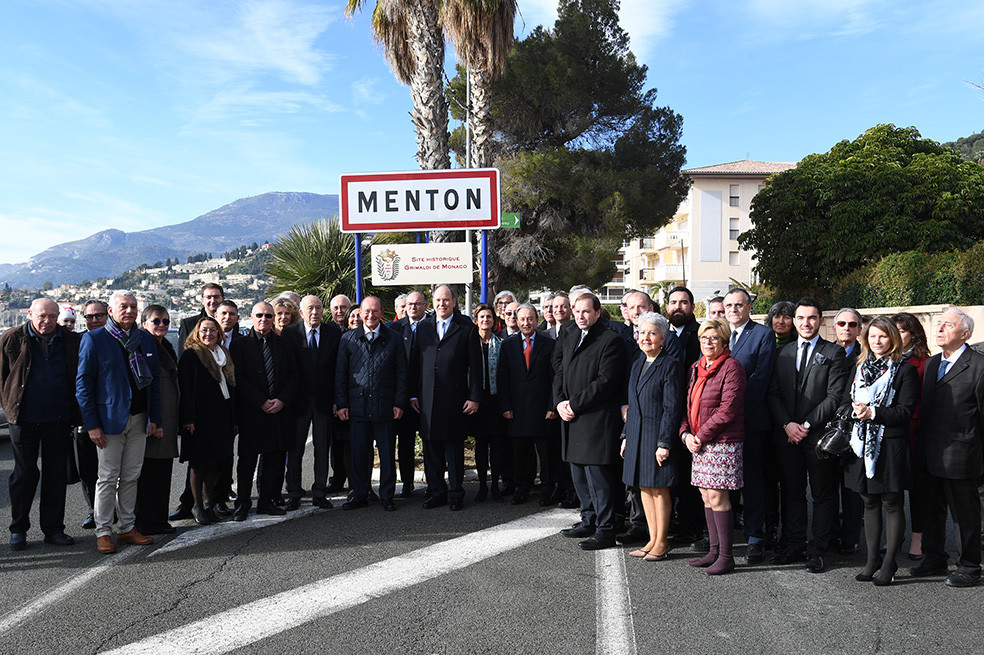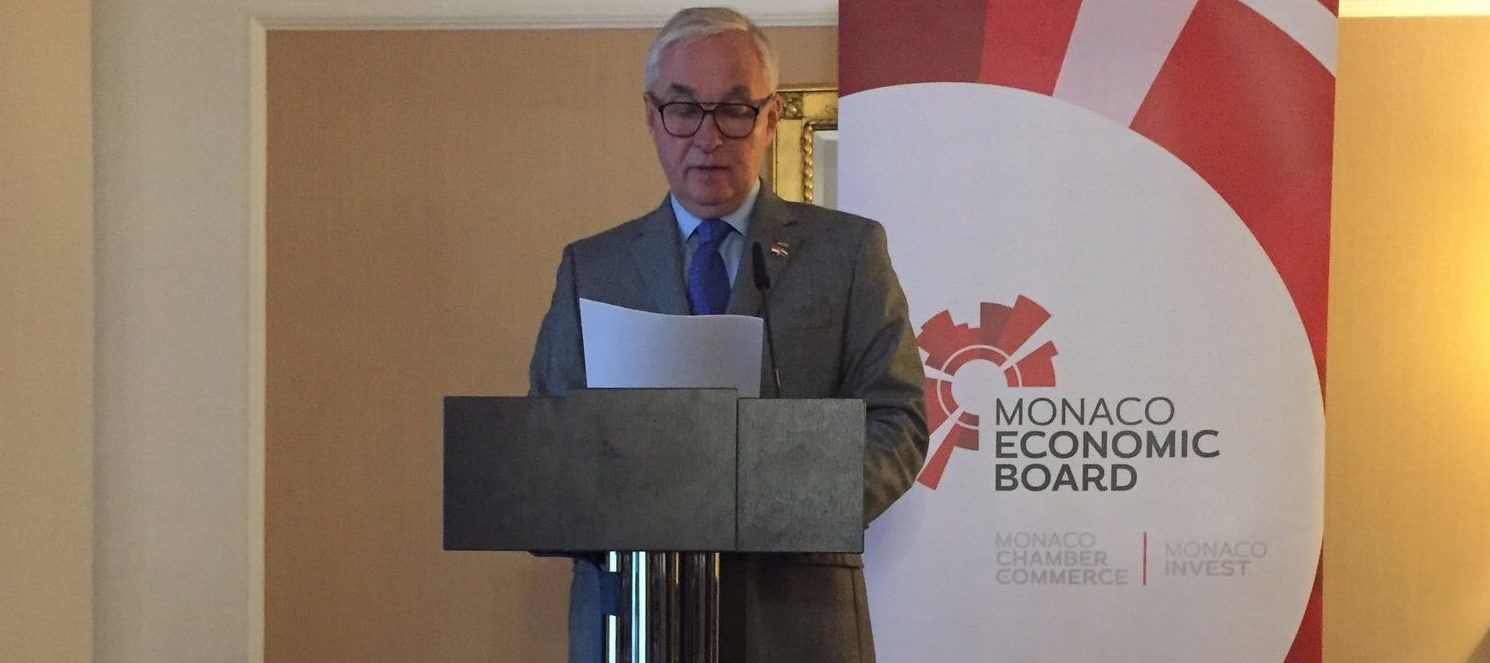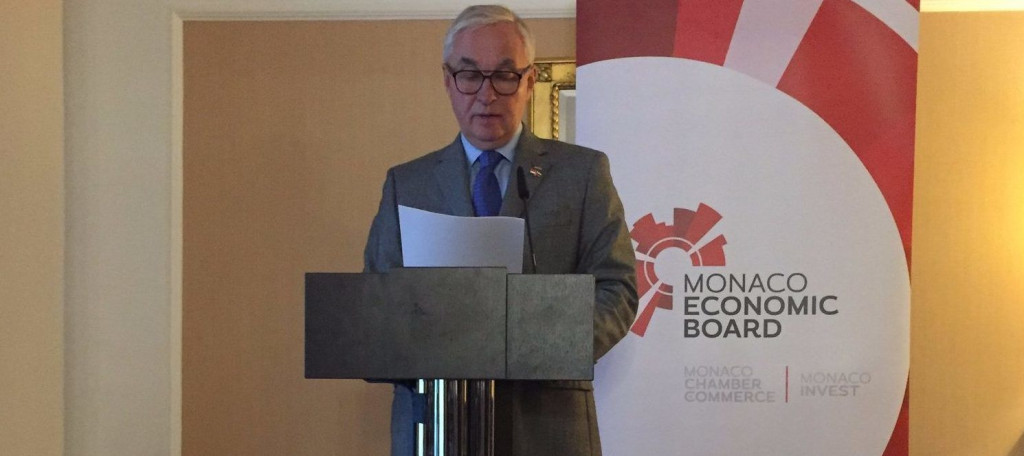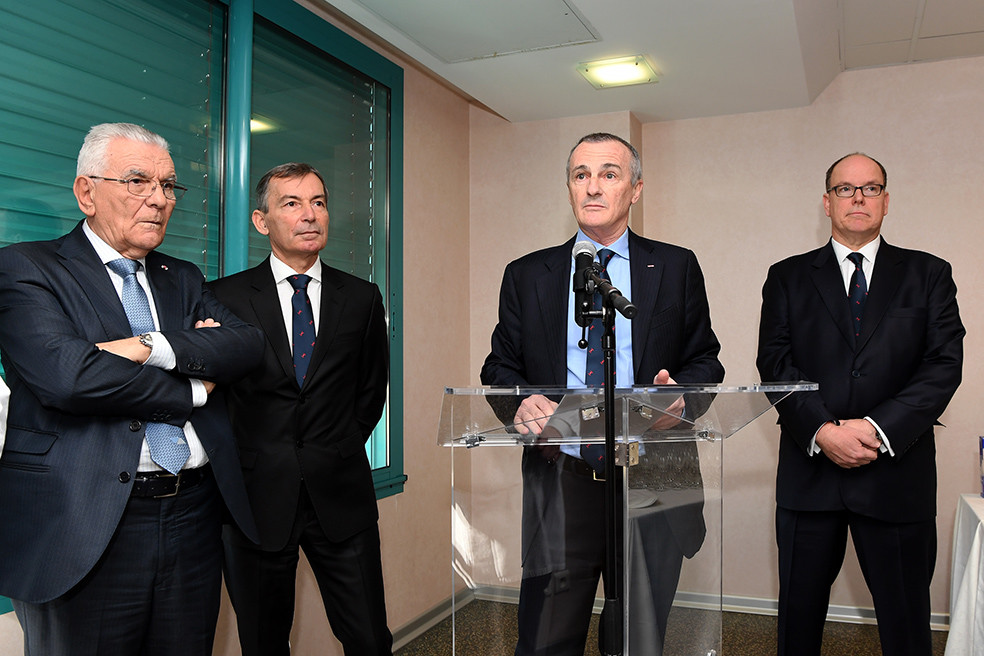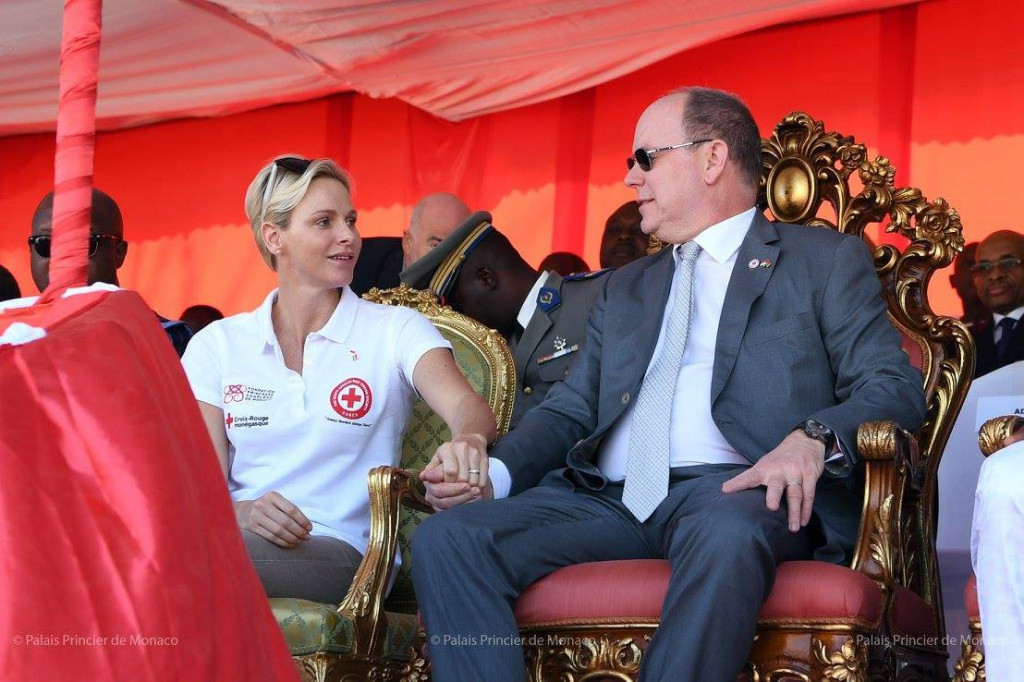
For many years, SMEG, Monaco’s electric and gas utility company, has sponsored various sustainable initiatives. These programs are sometimes financed by SMEG or supported by the association Energy Assistance Monaco (EAM).
“Few people realise,” says Christian Philipon, SMEG Project Manager and EAM Vice-President, “that SMEG has hosted EAM – who looks to sponsor international humanitarian projects aimed at providing assistance, logistics and equipment to populations without access to electricity – since its creation in 2011.”
Members of EAM are volunteers, employees of SMEG and Cometh Somoclim – trade professionals in air-conditioning, heating, ventilation and energy services in the Principality – who are committed to benevolent and ecological projects.
EAM follows the ethos of its founding branch, Energy Assistance (EA), created in Belgium in 2001 by employees of Tractebel, Electrabel and Fabricom to bring together volunteers – a combination of retirees and employees of the energy sector. EA France was founded in 2005, EA Monaco and EA Italy in 2011.
Giving second life to Monaco’s pavilion
One of SMEG’s most challenging humanitarian projects has been providing photovoltaic equipment for the new Aquatic Rescue and Training Centre in Loumbila, near Burkina Faso, which was inaugurated today in the presence of Prince Albert, the Monaco Red Cross, SMEG and the Burkinabè Red Cross.
SMEG’s involvement in the centre dates back to 2014, when designing the Monaco pavilion – with the theme “Feeding the planet, energy for life” – for the Universal Exhibition in Milan, that could be given a “second life” by recycling the building.
Based on a suggestion from the Monaco Red Cross (CRM), the government validated the “transformation” of the Milan pavilion to become an innovative and sustainable training and rescue centre near Ouagadougou, the capital of Burkina Faso.
Financial and technical support
In 2015, at the request of CRM, SMEG carried out a study which concluded that for a reliable and sustainable electricity supply, a solar hybrid solution with energy storage, conceived on the main part of the isolated site, would offer the best guarantees.
As a result, and with a €250,000 budget financed by SMEG, the centre was equipped with a photovoltaic field with a power of 56 kWp, a stationary battery bank of 4700Ah under 48V, and a set of inverters to supply the pavilion with three-phase power.
A solar generator prioritises energy supply to the roof of the building, and the surplus of energy is stored in a battery bank to ensure continuity of power in case of power loss or a network outage.
In case of high electricity consumption, or a day of bad weather, additional energy is provided by the public network or the generator. A set of inverters/chargers creates a three-phase, 400-volt “microgrid” to which the photovoltaic inverters are connected.
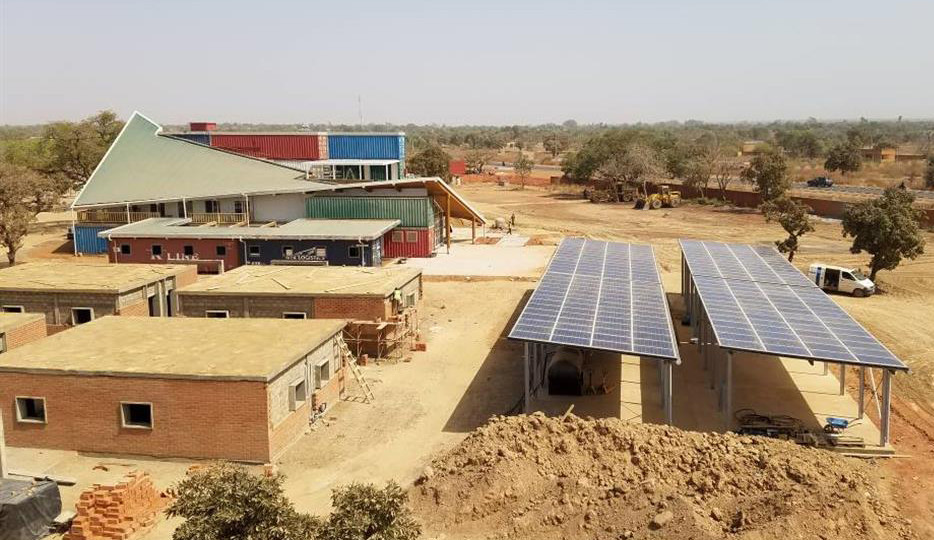
High tech equipment and energy production
The annual energy produced will be about 100 MWh, which represents the annual electricity consumption of some 30 households of four people in France. This local production will limit use of the public electricity grid.
Control and monitoring equipment with graphical interface has been installed to allow real time visualisation of the different energy flows within the set-up, as well as the precise level of battery charge. Subject to internet connection, remote monitoring will be possible via a data logging system.
SMEG CEO Thomas Battaglione and Christian Philipon were on hand for the opening of the Aquatic Rescue and Training Centre. Mr Battaglione commented, “The significant reduction in the electricity bill, often the largest expense of such a structure, will facilitate the financial start-up of the centre and thus contribute to its long-term training and action activities in the service of the poor.”
Article first published January 12, 2018.
READ ALSO
Prince Albert to visit Burkina Faso, aquatic centre to be inaugurated
